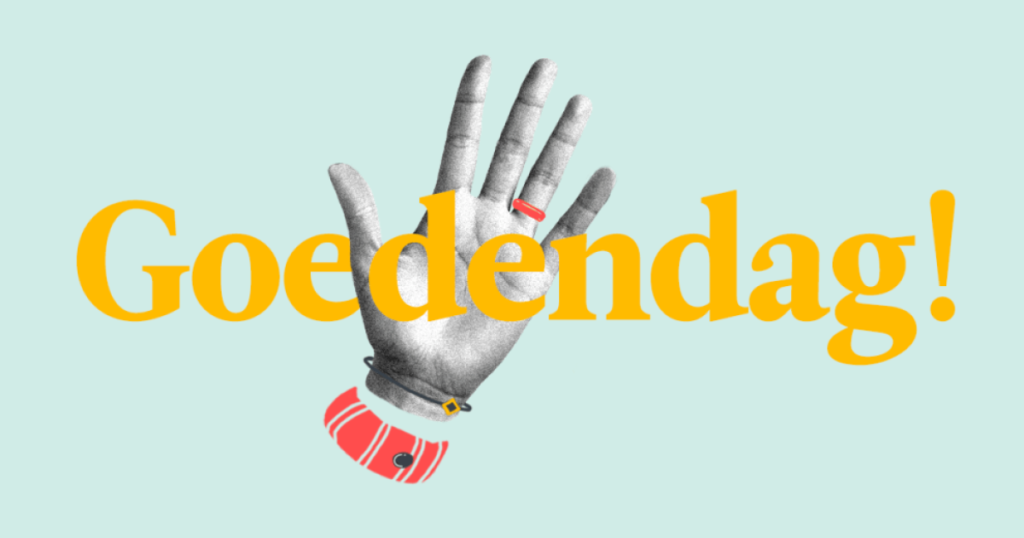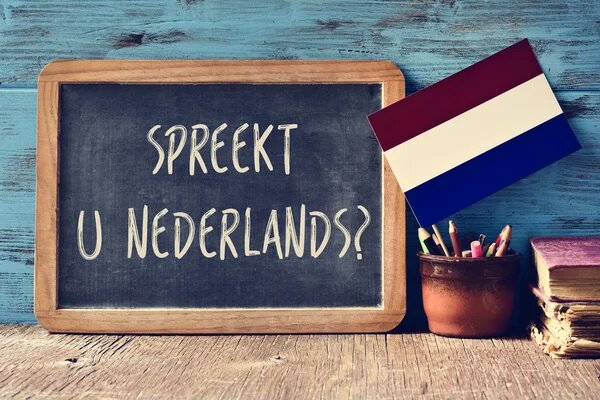
Dutch translations are essential for communication with over 24 million people in Europe, primarily in the Netherlands and Belgium. These markets, known for their open approach to international trade but also for their high expectations, require a specialized communication approach.
Well-executed Dutch translations are, therefore, a key factor for the success of any business seeking to expand in these regions.
Why gaining the trust of the audience with Dutch translations is essential
If your goal is to connect or establish business relationships in the Netherlands or Belgium, Dutch translations are essential. Although many Dutch and Flemish people are proficient in English, they prefer to interact with brands that make an effort to speak in their own language. Dutch translations are, therefore, a sign of respect toward your audience and a clear indication that you value their culture.
However, it’s not just about translating words; it’s about conveying trust. A clumsy or unnatural translation can make your brand appear unprofessional or, even worse, unserious. On the other hand, well-adapted content adjusted to local conventions, reinforces your credibility and increases the chances of conversion.
Why do Dutch translations require special attention?
Dutch is a language with complex grammatical structures and many compound words, which can be difficult to translate accurately. A small mistake in Dutch translations can change the meaning of an entire sentence.
Moreover, the use of formality and informality varies depending on the context. While a more serious and direct tone is common in a professional environment, in advertising and marketing, it is crucial to strike the right balance between familiarity and professionalism.
For example, the Dutch value clear and direct communication. They don’t appreciate beating around the bush or overly flowery expressions. A translation that doesn’t respect this style might come across as unauthentic or too forced.
Key areas where Dutch translations make a difference
While the need for a good translation applies to any sector, there are certain areas where precision is especially important:
Legal and financial translations
Legal and financial documents in Dutch translations must be extremely precise, as even the smallest error can change the meaning of a clause or create regulatory compliance issues.
Websites and E-commerce
The Dutch digital market is highly competitive. A natural translation optimized for SEO not only improves the user experience but also helps improve rankings on local search engines.
Marketing and advertising
Marketing campaigns in Dutch translations must be adapted to the tone and style preferred by the audience. It’s not enough to simply translate a slogan; it’s crucial to ensure that it resonates with the target audience.
Technical documentation
User guides, product manuals, and technical descriptions require absolute accuracy to avoid misunderstandings that could affect the user experience or product safety.
The difference between a common and a professional Dutch translation
In the case of Dutch, this is especially critical. It is a language with precise grammatical structures, compound terms, and idiomatic expressions that don’t always have a direct translation. An automated translator might generate sentences that, although technically correct, sound unnatural or even incoherent to a native speaker.
On the other hand, a professional translator not only has in-depth knowledge of the language but also understands the culture, context, and intent of the message. They know when to adapt an expression to make it understandable and effective in Dutch, instead of merely sticking to a literal translation.
Furthermore, a professional translation goes through a review and quality control process. It’s not just about converting words from one language to another; it’s about ensuring that the text flows naturally, is precise in terminology, and conveys exactly what is intended. This is crucial in sectors such as marketing, law, technology, or medicine, where a poor translation can have significant consequences.
Opting for Dutch translations performed by professionals not only ensures that your message is understood but also builds trust with your audience. A good translation conveys professionalism, credibility, and attention to detail, which can make the difference between success and failure in such a demanding market as the Dutch one.

If your goal is to communicate with precision, connect with your audience, and stand out in the Dutch market, investing in a professional translation is a strategic decision that will bring long-term benefits.
That’s why, at Max Translation, we help you ensure that every word reflects accurately the message you want to convey. Our team of professional translators excels in Dutch, not only linguistically but also culturally, allowing every translation to flow naturally and effectively for the target audience.
Contact us today and request a quote with no obligation.




